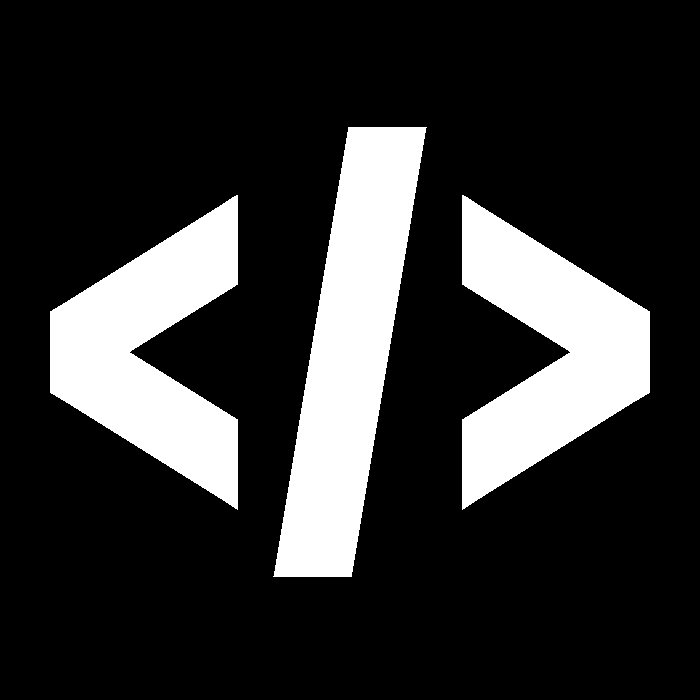I dusted off my RPI4 and started tinkering with self-hosting things and it’s sparked a fire. Suddenly I have 7 docker containers running and I need more RAM, more space and I want something reliable with room to grow. I like small form factors but it doesn’t need to be RPI small. Any recs for your favorite hardware under $500?
Intel NUC. Myself I prefer Proxmox as the first layer (so I can do stuff remotelly), and Alpine Linux VM as a second layer.
This been rock stable for me for the past 1 year or so.
This is pretty much exactly what I do. I’m partial to Debian though.
What specs is yours if you don’t mind me asking? I have a 10th hosting Proxmox and 11th hosting ESXi, but both at 32GB. Wondering if I should take the plunge and just upgrade them both max out at 64GB.
My specs:
- NUC10i7FNK
- Intel® Core™ i7-10710U Processor (12M Cache, up to 4.70 GHz)
- 512GB NVME SSD, I think it’s Samsung 970 pro
- 32GB of RAM, I think it’s DDR4-2666 (fastest supported)
I can’t comment on your “Wondering if I should take the plunge” as it highly depends on use-case. At home I am not very into HA as it gets ridiculously expensive (and I am not making money out of my services, such as Jellyfin, Homeassistant, adblocking DNS and so on).
Exact same setup as you except a larger NVME. Makes sense, no need to sink excessive cash into it. :)
I have a couple of Intel NUCs and they are great, one is the first generation NUC with the Celeron and runs Home Assistant without problems.
At the moment I am eyeing the new N100 CPUs they are pretty powerful compared to the previous generation. Asrock and Asus are bringing out motherboards with the CPU soldered and they are also fanless. The Asrock is nicer because you don’t need a real PSU for it and it has an extra SATA port. They are not yet available.
https://www.asrock.com/mb/Intel/N100DC-ITX/index.asp
https://www.asus.com/motherboards-components/motherboards/prime/prime-n100i-d-d4/
Planning on making an unRaid miniPC
+1 for a NUC. There’s plenty of second hand ones on Ebay which can be had at around $100. The nice thing is that they have ultra low voltage CPUs so the power bill is not a concern with running 24/7.
There are so many brands of these NUCs on Amazon it’s dizzying, it’s hard to know what’s reliable or just cobbled-together hardware. Should I just stick to the big names like ASUS or are there some diamonds in the rough?
Personally, I would stick with name brands in case something goes wrong. Asus is ok or you can get directly with Intel, they are the original creators. Before deciding to wait for a N100 motherboard I was looking at getting the Intel NUC13ANHi3 or the i5 version.
Other than a very old laptop that acts as a DC, and my NAS, I have five Lenovo M920 (i5, 64 gigs of ram, 256 gigs SSD, and 512 gigs M2) in a XCP-NG cluster.
You can get some decent enterprise hardware for fairly cheap on places like amazon. I got a dell R710 for around $800 a couple of years back. The equipment tends to be a little scuffed up and older in terms of hardware, but they still offer plently of performance IMO. The one I have has a 6 drive RAID with 1.5TB disks, dual 6-core processors, and 128GB of ram. Only downside I would say is they tend to use quite a bit of power (around 207W from what I’ve measured).
The best resource imo for big home servers if you graduate using old PCs is the Homelab Discord server. They’re also at [email protected].
Keeping storage and compute separately is the best practice but if you’re OK with combining both in one device then running docker-compose on a Synology (via SSH, + versions only) works just fine. An alternative that reduces the lock-in at the expense of more tinkering is buying an amd64 QNAP and installing Openmediavault / TrueNAS / plain Debian.
Perhaps I can delegate the RPI4 to handle storage and then do compute on a new NUC.
At the moment hardware is just expensive. I ended up with a NUC with 32gb of ram in order to future proof myself while I wait for hardware to become cheaper. Other than another stick of ram I can’t see me needing to update any time soon.
Definitely a NUC or similar mini PC from the likes of Geekom, Beelink, or Minisforum. My whole homelab was mini PCs until I consolidated to a NUC 12 Pro as I build up my rack. Slap Proxmox on the machine, build some VMs and LXCs, and have at it.
Or HP/Dell units second hand. Tons of companies ditch those computers after two o three years and they’re still perfectly good for self hosting with Linux. We can also find really good deals on Intel 9th gen machines for around 35% of the price of all those you suggested brand new.
One of those business Thin Clients for ~150$. They are pretty much a full fledged PC that run everything you throw at it, but tiny. The only problem with mine is that the fan is a bit loud on idle.
This is what I did, though I got hold of a Dell Wyse 5070, which is fanless. Saying that, I’m working on moving to a more powerful NUC (in an Akasa fanless case).
I just built a Server using J5040 board. With 16gb ram (yes it works) a 500gb m.2 as system , 2x4tb ironwolf, all in the node 304 fractal case for 550 euro.
Will run proxmox as first layer.
I used to run a Dell R710, but that got expensive with the electricity prices shooting up. So I moved to a standard consumer hardware PC in a rack mount case. Ryzen 5 5600, 64GB RAM, 500GB NVME, SSD boot disk, 6x 3.5" disks for storage. It uses half the power and is a fair bit quicker than the old dell with dual X5670 Xeons. One day I’ll move to just 2x larger disks instead of 6, but that’s expensive at the moment.
I totally get moving away from the dell. I’ve got one sitting in my rack now, and I’ve been thinking about getting a nuc or two as replacement to see if I can drop my power bill.
How much of a difference did you notice in your bill when downsizing?
I’d recommend taking a look at used small form factor PCs on eBay. I’ve been using one for a couple years now that came with an i7-8700 16GB of ram and an nvme SSD for about $300. Running 30+ docker containers without any issues (most are lightweight to be fair)
The only drawback to small form factor is that you have limited expansion opportunity with the unit itself. In my case I use an external NAS for storage of larger files.
ServeTheHome has a bunch of videos on YouTube about these small form factor computers.
In my case I use an external NAS for storage of larger files.
What’s the advantage of using a NAS system?
I’m considering options for adding more storage right now and I’m not sure if I should just chuck some more drives in my linux server, or move up to NAS. The main downside of adding more drives is that I’m spending money without getting any more reliability (it’s just some drives and a SAMBA share, no RAID, and only ‘sometimes I remember to move important files to S3’ for backup. Conversely, with a NAS I’m spending an extra like $500 on hardware before I even add storage.
It would be nice to have some reliability, but I’ve never had NAS before, so it’s kind of an unknown for me, plus it seems like I could invest some time and add similar reliability/backup features to my existing system.
I like synology NAS units with Intel chips for hosting docker containers, alongside lots of network storage. They aren’t the cheapest solution but they are robust devices and i have had basically no problems since setting mine up in 2019.
Of course you can get a used dell server blade for a lot less which will be more powerful but it doesnt meet your small form factor requirement.
I use a Dell Micro with Ubuntu for docker containers mounted to a wall with a Synology NAS 4 bay for storage. I used to have a small form factor with a 12bay SAS array attached but the power consumption was ridiculous.
I bought a Dell R720 rack server for less then £300 and I use it to run a whole heap of virtual machines under ProxMox, as well as a load balancer. It has 2 8 core Xeon processors, 64GB of RAM and 2TB storage so more than enough for my needs.
Definitely not small form factor though :D









